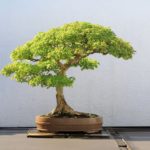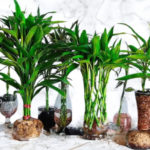Feng shui plants are something that many people consider essential. Especially for the ancients, feng shui plants can become a “family heirloom” for generations to come. Among the feng shui plants, there are 3 specific ones that parents plant, and their children and grandchildren can enjoy the blessings.
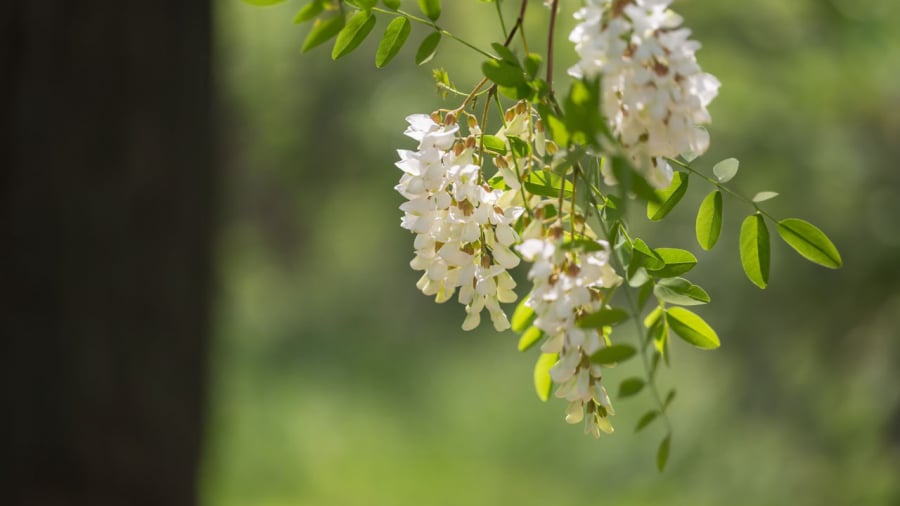
Hoae flower – Plant in front of the house – Avoid planting behind the house
The hoae flower is associated with the legend of an ancient father who planted these 3 plants in front of his house, hoping that his children would become successful. Later, his son achieved the triple position (one of the three highest positions in the court). From this story, the hoae flower is believed to bring success and wealth. Since then, in many dynasties, the hoae flower has been planted in front of the garden with the set of 3 plants representing the 3 most important positions in the court.
Moreover, the hoae flower is considered a good feng shui plant for bringing success and wealth to the offspring. However, the hoae flower must be planted in front of the house. It is extremely unlucky to plant the hoae flower behind the house. Planting the hoae flower behind the house will bring misfortune and failure.
Nowadays, the hoae flower is planted as a valuable medicinal plant that supports cardiovascular health. The hoae flower is also easy to grow and has a long life span, so it is more valuable when planted in front of the house to bring luck and prosperity to the family and future generations. The hoae flower symbolizes dignity, success, and shining fame, so it is not planted in the rear where blessings cannot enter, and fortunes do not come through urgent doors. Therefore, planting the hoae flower in feng shui needs to avoid planting it behind and should plant it in front of the house, preferably with a set of 3 plants instead of single plants.
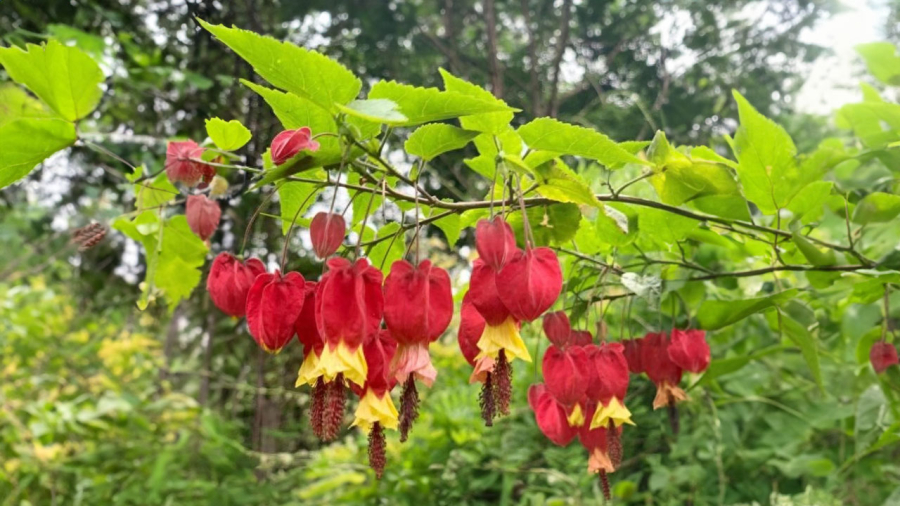
Chinese Lantern Plant
The Chinese lantern plant is a vibrant plant that blooms like lanterns. The Chinese lanterns symbolize intellectual light, success, and all things good. Having lanterns in front of the house signifies joyful events, such as weddings, honoring ancestors, or festive occasions like Mid-Autumn Festival or New Year. The lanterns bring light to dispel evil spirits. Therefore, planting Chinese lantern plants in front of the house brings good feng shui, creating a prosperous aura for intelligence.
The Chinese lantern plant is also an easy plant to grow and blooms almost all year round. Therefore, when it is planted and blooming, it signifies a happy and successful family, with children achieving academic success.
The Chinese lantern plant should be planted in front of the house because it prefers sunlight. Moreover, the Chinese lantern is a plant that symbolizes good news, so it should be planted in front of the house or on both sides of the house.
Peony Flower
The peony flower symbolizes abundant blessings, wealth, and power. Planting peonies brings prosperity and noble lineage.
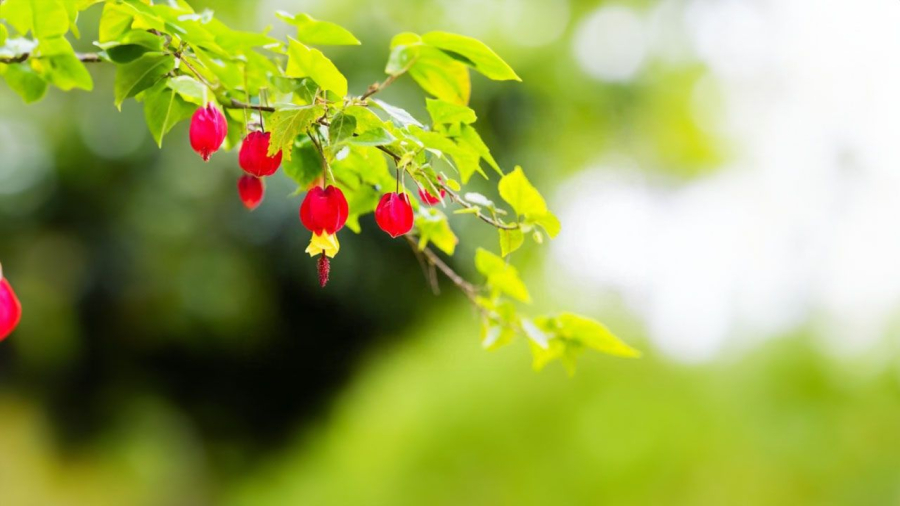
The best position for planting peony flowers is in front of the house or the garden, where there is plenty of sunlight. Peony plants can live for hundreds of years, making them a family heirloom. Planting peonies inside the house attracts wealth and luck. It symbolizes achieving fame and success for the offspring, with beautiful and lucky daughters and talented and successful sons. Only the homes of royal officials used to have peonies in front of them. Peony flowers come in various colors such as purple, white, red, and yellow, with large, thick petals that enchant many people and are suitable for the fate of many individuals.
With these 3 types of feng shui plants, the ancients believed that when parents planted them, their children would receive blessings and prosperity.
Information for reference only

























